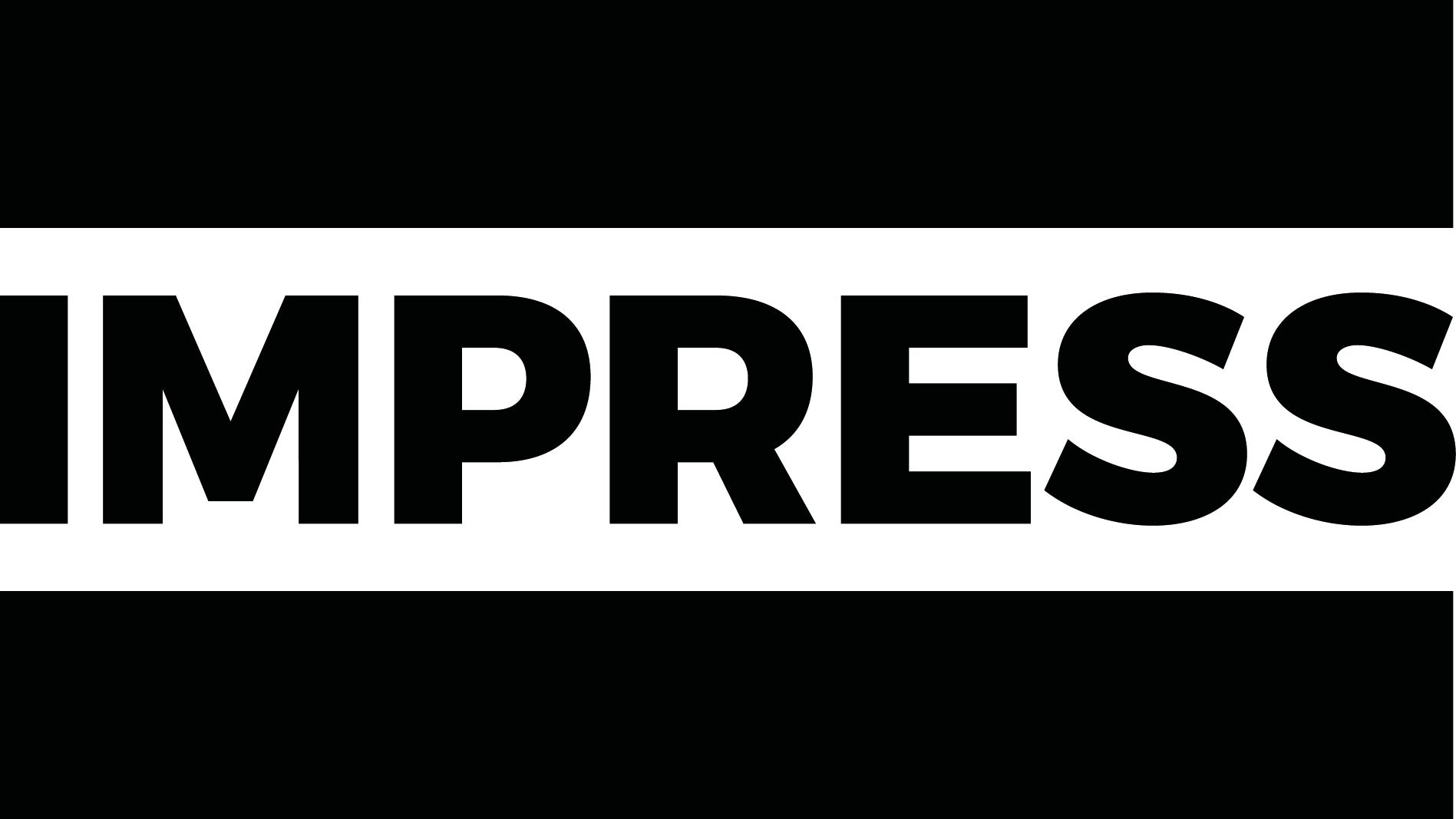
The body set up to oversee press regulation in the UK has said Impress could lose its recognition as an official regulator following a series of anti-press tweets by some of its board members.
The Press Recognition Panel (PRP), which granted Impress Royal Charter recognition in October last year making it the UK’s first state-approved press regulator, is now carrying out an “ad hoc” review into the regulator.
It follows concerns that Impress may be in serious breach of the 23rd Royal Charter recognition criterion, which states: “Membership of the regulatory body should be open to all publishers on reasonable and non-discriminatory terms.”
A spokesperson for the PRP told Press Gazette: “Removal of recognition is a potential outcome following an ad hoc review.”
A separate internal review carried out by Impress itself has resulted in it largely banning three of its own board members from dealing with Fleet Street news publishers because of the perception they would be biased against them.
It was prompted by a dossier of evidence compiled by the News Media Association (NMA), which was reported by The Sun in January, mainly concerning activity on Twitter.
Impress chief executive Jonathan Heawood and two members of its eight-strong board – journalist Emma Jones and professor Maire Messenger Davies – were all found to have published negative material about sections of the press.
A third board member, Martin Hickman, was found not to have breached Impress rules, but the regulator said his past activities investigating phone-hacking and his sympathy for campaign group Hacked Off could create a perception of bias.
To get around the problem, Impress is setting up a new sub-committee of its board to deal with issues arising from the regulation of publishers with a turnover of more than £20m.
It has banned Hickman, Jones and Messenger from sitting on that committee and barred Heawood from any role administering it.
Impress was set up following the Leveson Inquiry into newspaper practices to act as an alternative regulator of press standards.
The vast majority of newspapers and magazines in the UK are regulated by the Independent Press Standards Organisation (IPSO), which has not applied for Royal Charter recongition.
Society of Editors deputy executive director Ian Murray said: “The public and the industry must have complete confidence that a regulator is impartial and does not hold strong opinions that, as the review body here says, could influence actions and decision when it comes to regulating papers.
“The majority of the industry have not signed up to Impress, in part because of these very concerns. Now Impress’s own internal review has confirmed that some of those at the very top of the organisation hold views not compatible with fair and balanced judgements.”
In a statement, Impress said: “As soon as these allegations were brought to our attention, we decided they should be fully and robustly investigated, as per our commitment to be transparent and accountable.
“The board convened a panel of members who had not been involved in the allegations. They considered all the evidence and produced a detailed and comprehensive report, with findings and recommendations.
“This report was provided to the PRP on 19 May. It addressed all the allegations made about members of the Impress Board, Code Committee and Appointment Panel, and the chef executive.
“The report found that no Impress decision had been affected by bias or any real possibility of it, not least because the publishers in question, chiefly the Sun and the Daily Mail, had not expressed any interest in becoming members of Impress.
“At the same time, Impress began to put in place the steps recommended in the report. These included drafting a new Code of Conduct for Impress representatives; making changes to the regulator’s Articles of Association; and compiling a new Register of Interests for Board Members and senior members of staff. We were in dialogue with the PRP throughout this process.
“The Impress Board met on 12 September and confirmed that the recommended changes were complete or well underway. They agreed at that point to publish the report in full, in order to explain the background to these changes.
“Meanwhile, we await the court’s decision on the News Media Association’s judicial review claim that the PRP should not have approved Impress against the recognition criteria in the Royal Charter.
“The social media activity addressed in the report principally occurred after the PRP had made the decision (on 25 October 2016) that met all the recognition criteria.
“The NMA’s challenge in the court case was that the PRP was wrong to have made that decision, in part because of the alleged bias on the part of some Impress representatives. The NMA has accepted that its members have no intention of meeting the standards that it accuses Impress of failing to meet.
“However, when the matter came to court, it was clear that these allegations about impartiality relied on facts that had occurred after the recognition decision and were therefore not relevant to the NMA’s claim.
“The claim relying on these facts was not pursued, and it was not therefore relevant to bring the Impress Board panel’s report to the court’s attention. If the PRP had thought it proper to disclose anything related to this to the court then it could have done so.
“Impress is committed to being transparent and accountable, which has been clearly demonstrated through this process.”
Impress says it regulates 41 publishers responsible for 70 titles, with a combined reach of 4.5m readers each month.
Email pged@pressgazette.co.uk to point out mistakes, provide story tips or send in a letter for publication on our "Letters Page" blog
